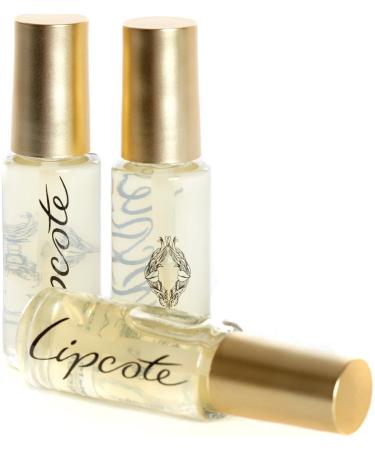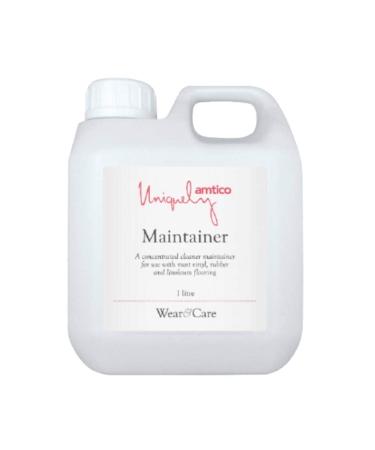Product introductionTongqing No. set up a tea factory in Yiwu in 1736. It was closed in the 1950s due to China's planned economy, and it did not resume business until 2005. The first batch of reinstatement works are the commemorative tea for the 269th year of the establishment of the Tongqing tea house, and the 270th anniversary of the establishment of the Tongqing tea house in the following year. This is the second year after Tongqing's resumption of business. It follows the traditional production process, that is, Tongqing's six selections and six discards "Choose spring tea, choose tender tip, choose origin, choose clarity, choose taste, choose aroma Abandon the bad taste, the uncleanness, the debris, the peculiar smell, and the quality change." It is pressed by hand stone grinding, the cake shape is round and thick, the strands are plump and the fluff is revealed, coupled with the modern scientific management, this is this Tongqing Hao. 270 tea. In 2006, the masterpiece of Tongqing No. tea house's resumption of business, following the traditional tea-making process, from picking, primary production to pressing, the process adhered to the strict requirements of six selections and six discards. The inner ticket of the dragon-horse totem follows the trademark issued during the Guangxu period of the Qing Dynasty. During the Qianlong period, Tongqing Pu-erh tea was the royal product of the "Tribute to the Years". This tea is blended with 2 Jingmai ancient tea tree crab legs, which is combined with the post-fermentation of the tea leaves to give it a layer of aroma The entrance is sweet, and the throat rhyme is moisturizing. The internal ticket used by Tongqing No. 270 is the Longma Ticket, which was a trademark used before 1920 and was discontinued due to being counterfeited. Tongqing No. 270 uses this trademark, which means following the ancestral entrepreneurial spirit of "making tea in the right way, with business ethics as the foundation".Caffeine content: Pu-erh tea has a lower caffeine content compared to other types of tea, making it a good option for those who are sensitive to caffeine. Aging: Pu-erh tea can be aged for several years to develop its flavor, and aged Pu-erh teas are highly sought after by tea collectors. Aroma and flavor: Pu-erh tea has a distinct, strong, and earthy flavor, and a pungent aroma that some describe as "musty" or "mushroomy.". Fermentation: Pu-erh tea undergoes a unique fermentation process that contributes to its rich, earthy flavor.













